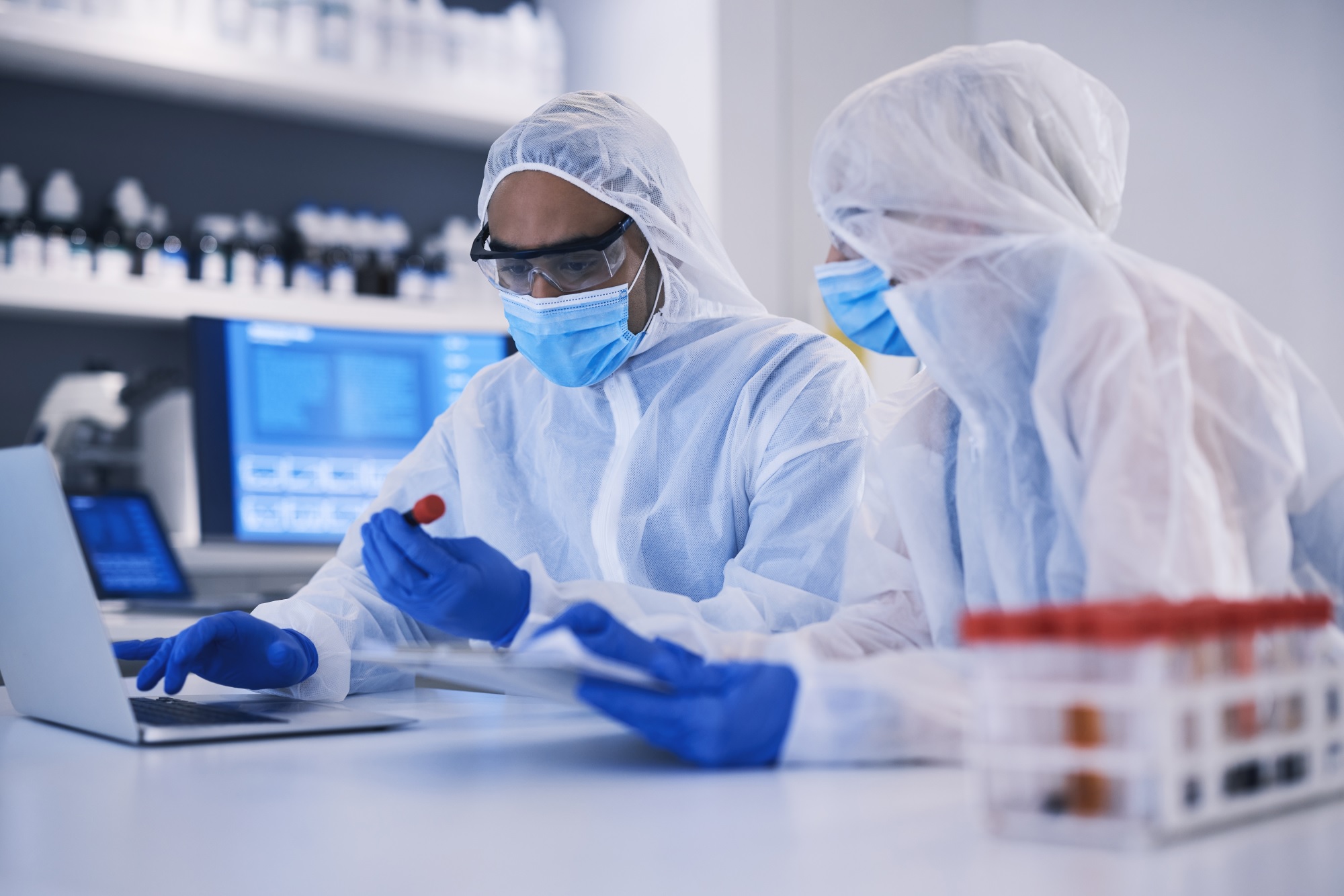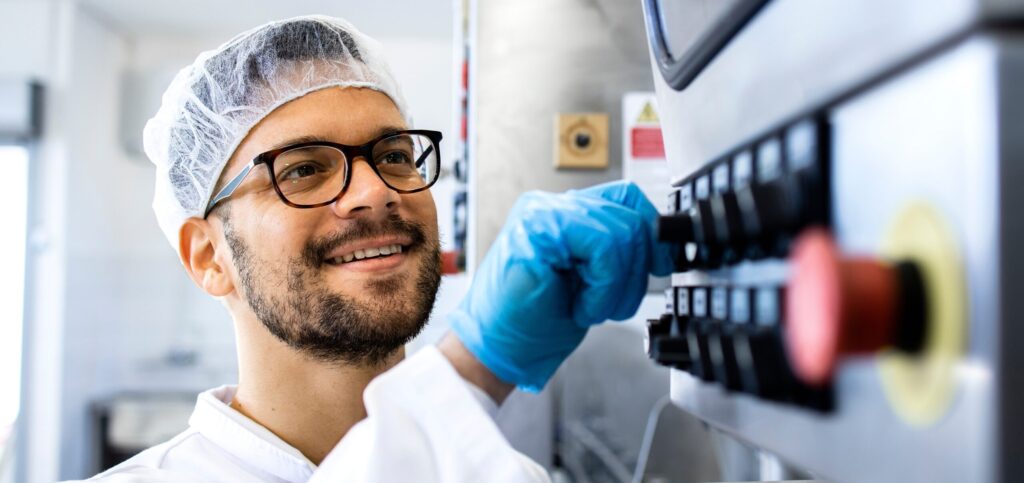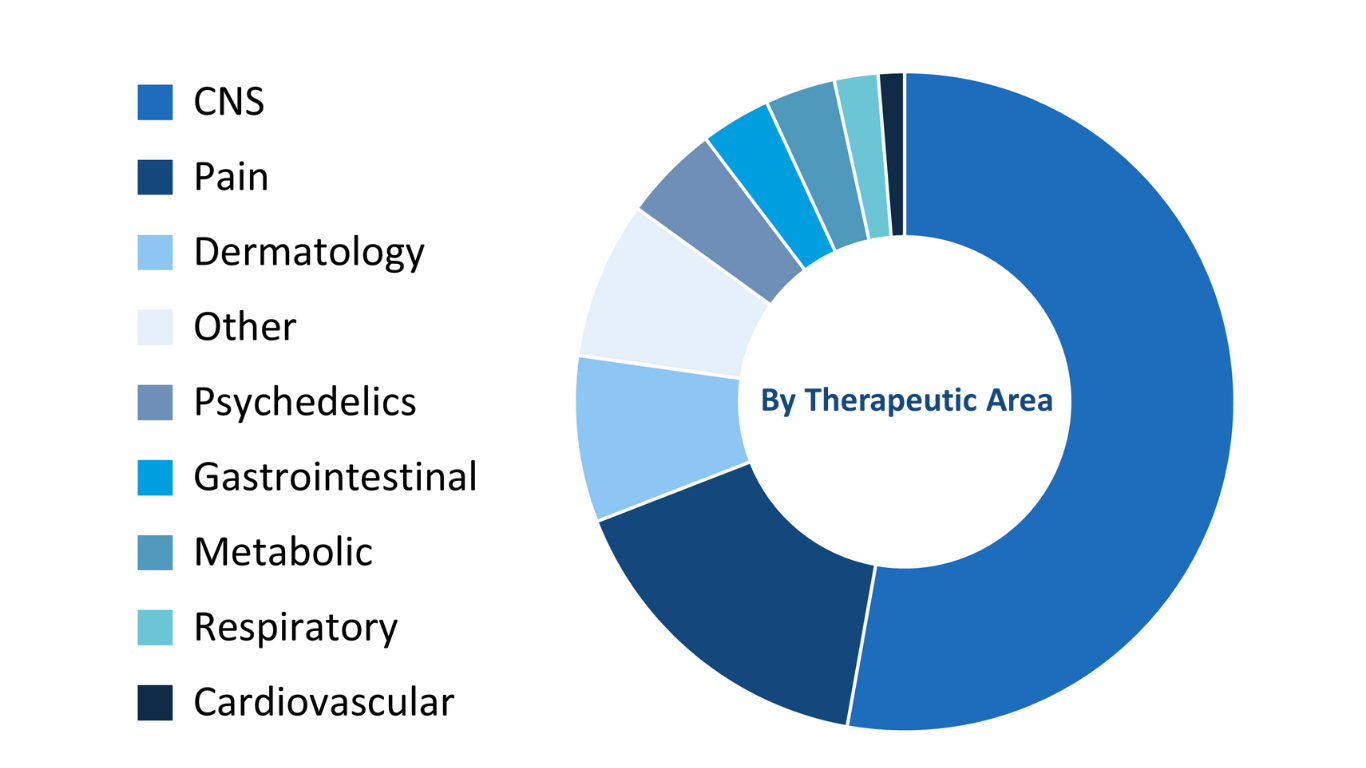Clinical Pathology
Laboratory Services
The Clinical Pathology Laboratory is situated in MAC’s dedicated research site in Manchester. MAC has invested in state-of-the-art equipment in a world class facility to support our services using Siemens and Sysmex technology, enabling us to produce high quality laboratory study results and rapid turnaround of data.
Clinical Pathology is one of the key components supporting our clinical research studies. MAC’s highly qualified and experienced scientific team have broad ranging skills, which ensures that the study protocol test regimen is followed meticulously.
MAC’s Clinical Pathology Laboratory offers:
- Haematology: Full Blood Count and Blood Film Morphology
- Haemostasis: routine clotting screen
- Clinical Chemistry: diabetes, drug of abuse/toxicology, general chemistry
- Immunoassay: endocrinology, HIV, hepatitis, special infection diseases
- Pregnancy tests
- Urinalysis and microscopic examination








